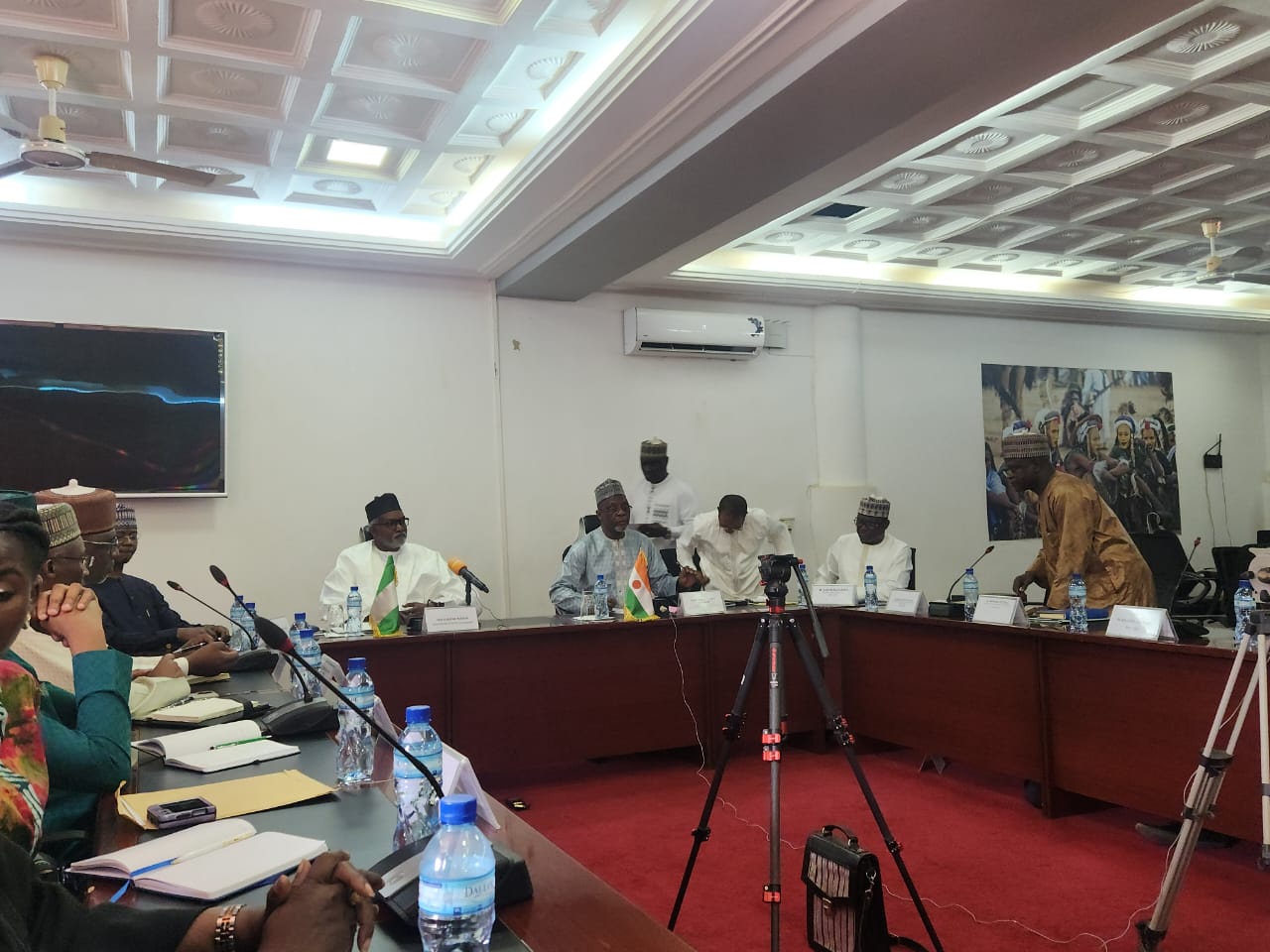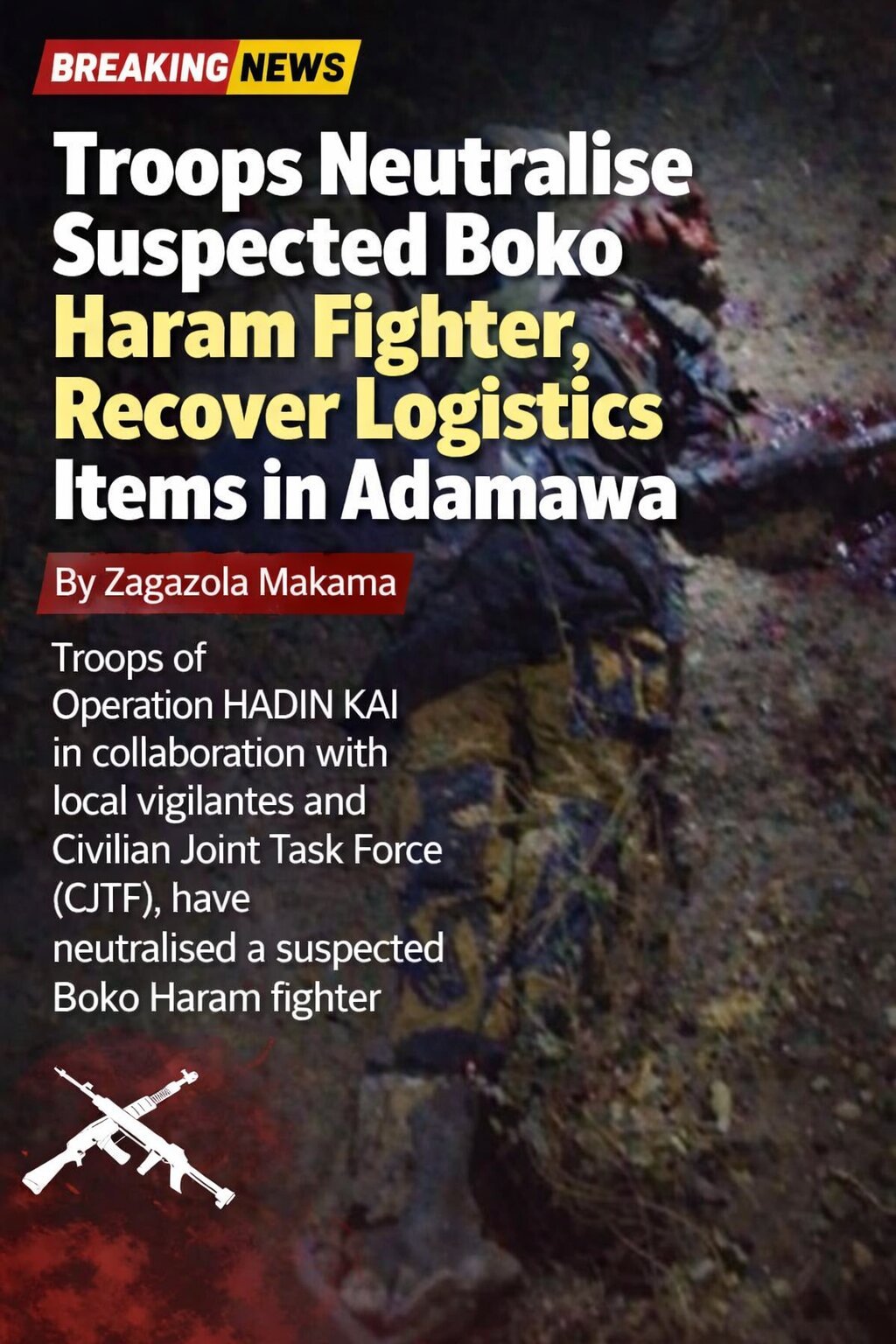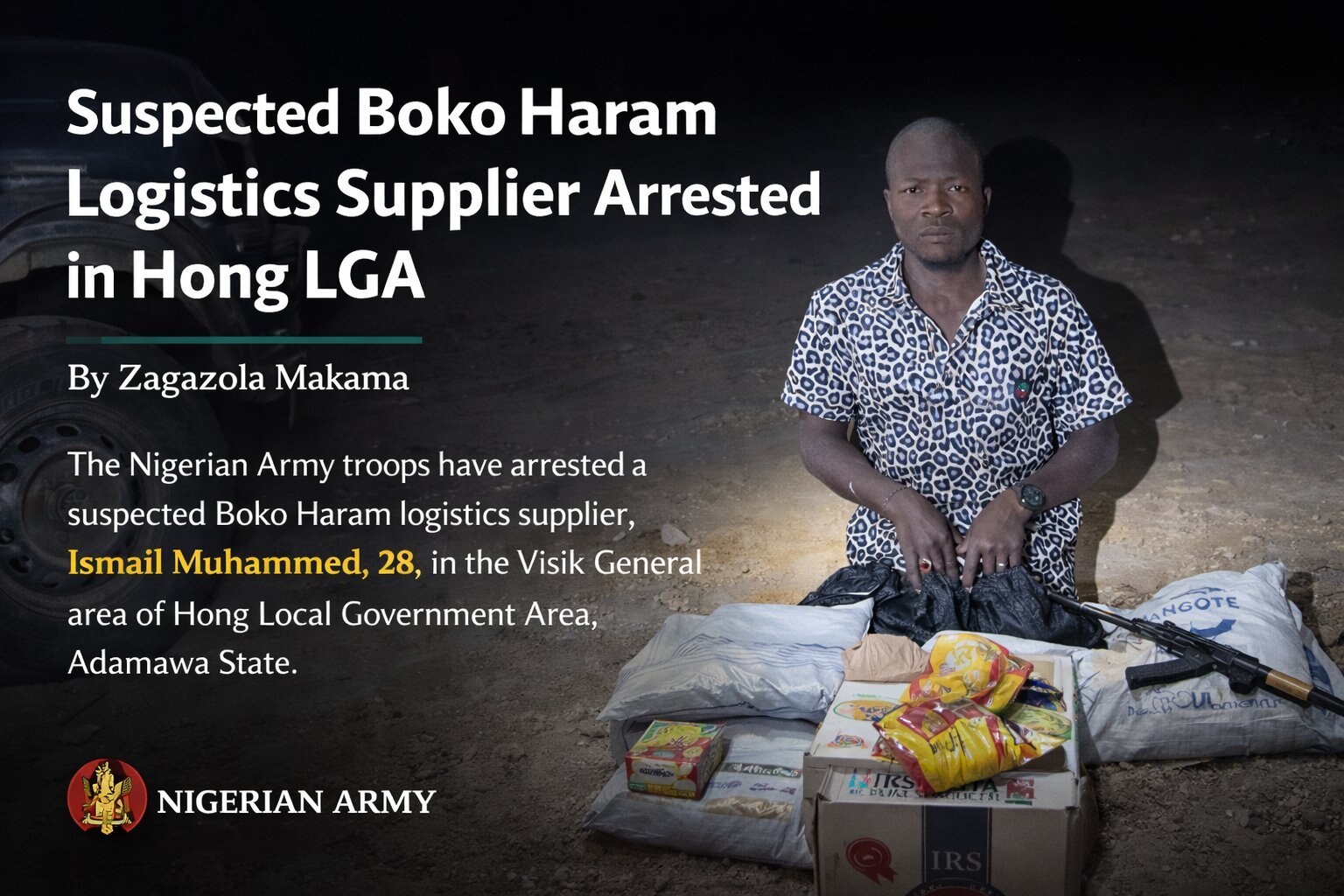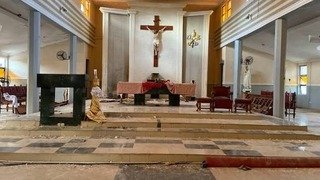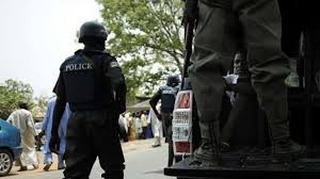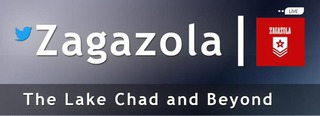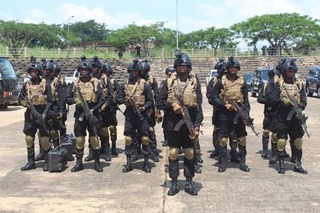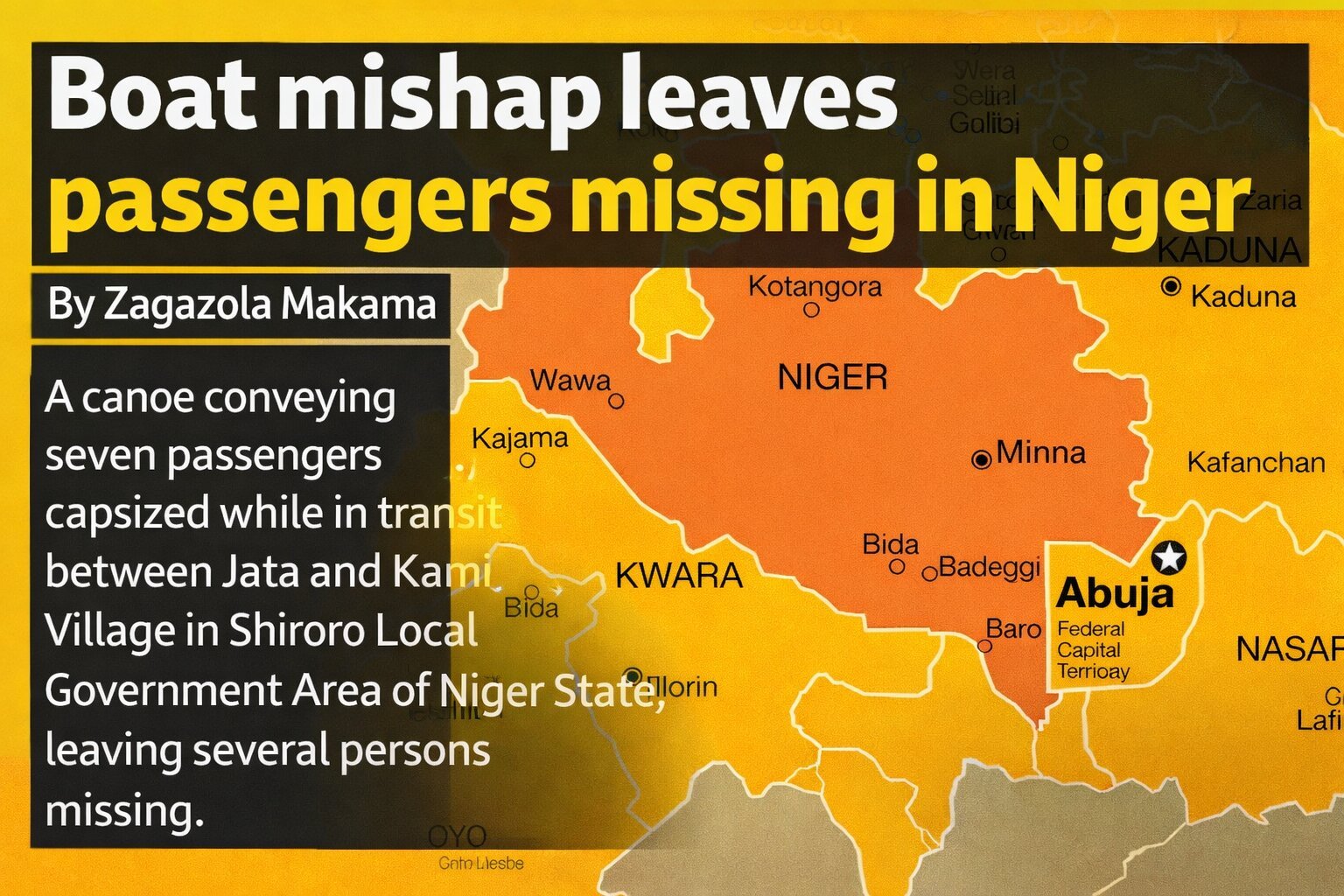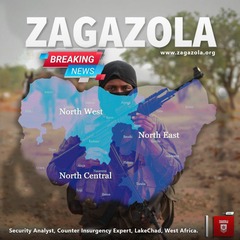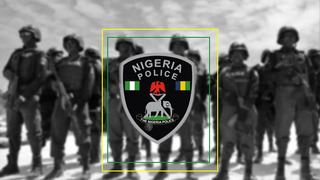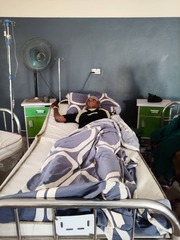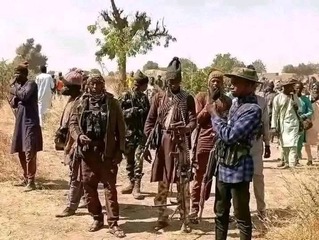EXCLUSIVE: Nigeria, Niger Renew Brotherhood Through Diplomacy and Shared Security Goals
By: Zagazola Makama
In an era of shifting alliances and rising security concerns across the Sahel, the official visit of Nigeria’s Minister of Foreign Affairs, Ambassador Yusuf Maitama Tuggar, to Niamey, Niger Republic, was not just a diplomatic mission it was a reaffirmation of shared history, geography, and destiny.
The meeting, held on April 16, 2025, came at the initiative of both nations and offered a fresh opportunity for the two neighbours to recalibrate their longstanding ties in the face of mounting regional challenges.
Tuggar, who led Nigeria’s delegation, was received by his counterpart, Niger’s Minister of Foreign Affairs, Cooperation and Nigeriens Abroad, Mr. Bakary Yaou Sangaré, in what observers have described as a warm and brotherly atmosphere a demonstration to the enduring friendship between the two countries.
From energy to infrastructure, trade to security, the meeting covered a broad spectrum of strategic issues affecting both countries. The ministers held in-depth discussions on revitalising the Nigeria-Niger Joint Commission (NNJC), an important bilateral mechanism that has suffered setbacks in recent years due to political instability in the region.
A renewed push to operationalise regional infrastructure such as the Kano-Katsina-Jibiya-Maradi railway, the Trans-Saharan Gas Pipeline, and the Trans-Saharan Highway dominated the agenda, reflecting both countries’ desire to leverage economic connectivity for mutual prosperity.
Beyond the high-level infrastructure projects, the two leaders also examined people-centered sectors such as education, agriculture, livestock, migration, ICT, tourism, and environmental resilience especially in tackling desertification, a shared concern in both countries.
Security at the Heart of Cooperation
At the heart of the dialogue was a mutual concern about the rising threat of terrorism and cross-border banditry along the Nigeria-Niger border. Both ministers acknowledged the gravity of the situation and called for sustained collaboration between their respective defence ministries.
For the Sahel region, where insecurity has hindered development and displaced millions, such bilateral cooperation is no longer optional it is imperative.
The two sides agreed to create a Joint Consultative Forum, a new mechanism to bring together critical stakeholders from both nations to harmonise responses to security threats and promote regional stability.
What stood out most from the visit was the tone of mutual respect, partnership, and brotherhood that characterised the interactions. The joint communiqué issued at the end of the meeting described the relationship between Nigeria and Niger as one rooted in fraternity, friendship, and good neighbourliness.
This sense of solidarity was palpable as Ambassador Tuggar extended an invitation to his Nigerien counterpart for a reciprocal visit to Nigeria, an invitation that was warmly accepted, with the date to be agreed through diplomatic channels.
A Model for Regional Engagement
The Tuggar-Sangaré engagement sets a positive tone not only for Nigeria-Niger relations but for regional diplomacy across West Africa. At a time when ECOWAS faces questions about its relevance, bilateral initiatives such as this showcase the possibility of bottom-up, country-to-country engagement in solving regional problems.
For Nigeria, the visit aligns with President Bola Tinubu’s broader foreign policy objective of rebuilding trust and deepening integration in the West African sub-region, especially following recent political disruptions. And for Niger, facing economic and security pressures, the support of a powerful and stable neighbour like Nigeria is crucial to national survival and regional relevance.
In a region often marked by division and conflict, the April 16 visit stands as a symbol of what diplomacy can achieve when nations focus on shared values and mutual interests.
As both delegations departed the meeting room in Niamey, it became evident that Nigeria and Niger are not just neighbors they are partners bound by geography, challenges, and the unyielding hope for a more secure and prosperous future.
Zagazola Makama is a Counter Insurgency Expert and Security Analyst in the Lake Chad Region

